Science Shop
Advertisement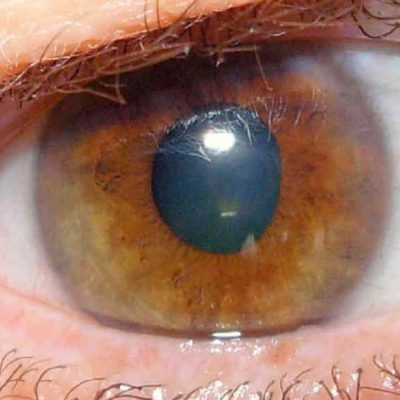
Brown eyes more trustworthy than blue
- By Geert Devenster
- . October 31, 2013
A recent study conducted by Czech researchers has found that the eye color of unknown individuals is a significant factor in determining their credibility. According
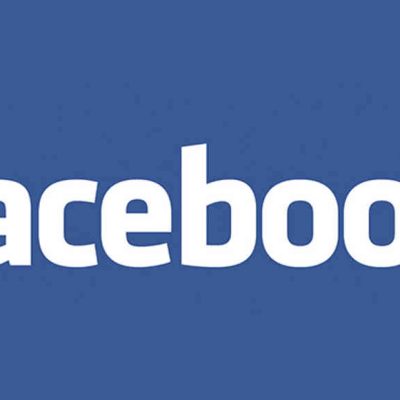
Facebook Alters Our Brain
- By Geert Devenster
- . August 3, 2013
A new study from the UK suggests that social media platforms like Facebook are causing us to lose our individuality and revert to childlike thinking.
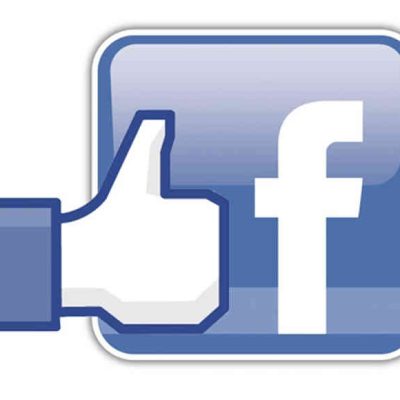
Facebook Likes Worth Millions
- By Geert Devenster
- . June 5, 2013
German researchers from the University of Mainz and the Technical University of Darmstadt have conducted a study on the monetary value of Facebook likes in
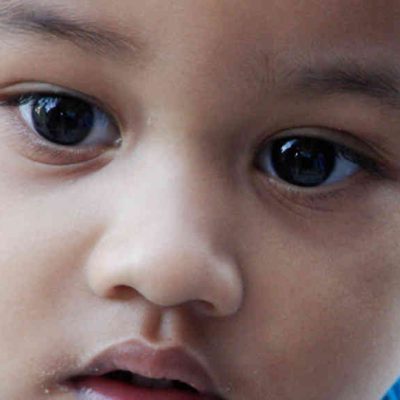
Little Kids Don’t Learn Language by Parroting
- By Geert Devenster
- . March 3, 2013
New research from the University of Pennsylvania in Philadelphia has revealed that young children learn language in a much more creative way than previously thought.

Decline in Performance after Elementary School Segregation
- By Geert Devenster
- . February 16, 2013
A new study from Bavaria has found that dividing students into Hauptschule or Realschule after fourth grade leads to a decline in academic performance. The

Bedroom Bondage: Happy and Healthy
- By Geert Devenster
- . February 5, 2013
BDSM: Healthy and Happy Sexual Practitioners Many people view BDSM sexual practices negatively, often accompanied by terms such as “perverted,” “abnormal,” or “disturbed.” However, a

Positive Social Impact of Hero-based Video Games
- By Geert Devenster
- . February 2, 2013
A new study conducted by researchers at Stanford University has found that playing hero characters in video games can have a positive impact on social

Anxiety Alters Distance Perception
- By Geert Devenster
- . November 29, 2012
Fear Alters Perception of Distances, Study Finds A recent study conducted by researchers at the University of London has found that individuals with arachnophobia, or

Stressed Elementary School Students
- By Geert Devenster
- . November 25, 2012
A recent study conducted by Czech researchers has found that the eye color of unknown individuals is a significant factor in determining their credibility. According
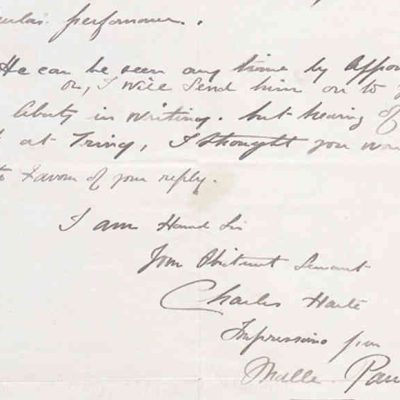
Detecting Lies in Handwriting
- By Geert Devenster
- . July 29, 2012
Israeli researchers have developed a computer program that can detect written lies with greater accuracy than traditional lie detectors. Gil Luria and Sara Rosenblum from









